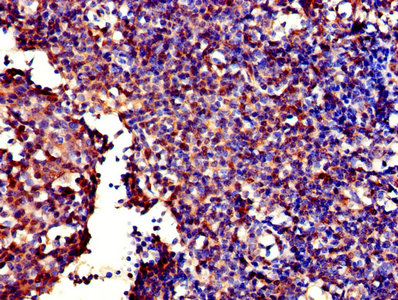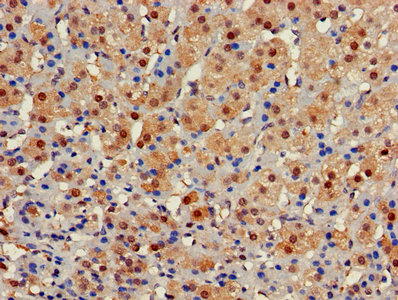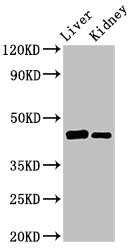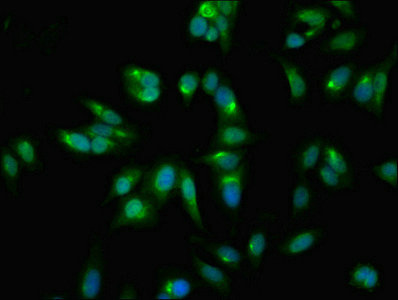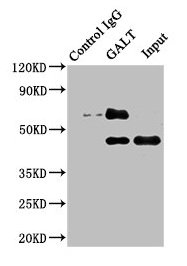The GALT polyclonal antibody was produced in three stages: first, a rabbit was immunized with the recombinant human Galactose-1-phosphate uridylyltransferase protein (1-379aa); then, antibodies were collected and isolated from the rabbit serum; and finally, the resulting antibodies were purified via protein G affinity chromatography.
This GALT polyclonal antibody contains few impurities, with a purity of over 95%. It is capable of detecting and binding to GALT protein from human, mouse, and rat samples. Its versatility has been demonstrated through successful implementation in various applications, including ELISA, WB, IHC, IF, and IP, indicating its effectiveness in diverse experimental contexts.

